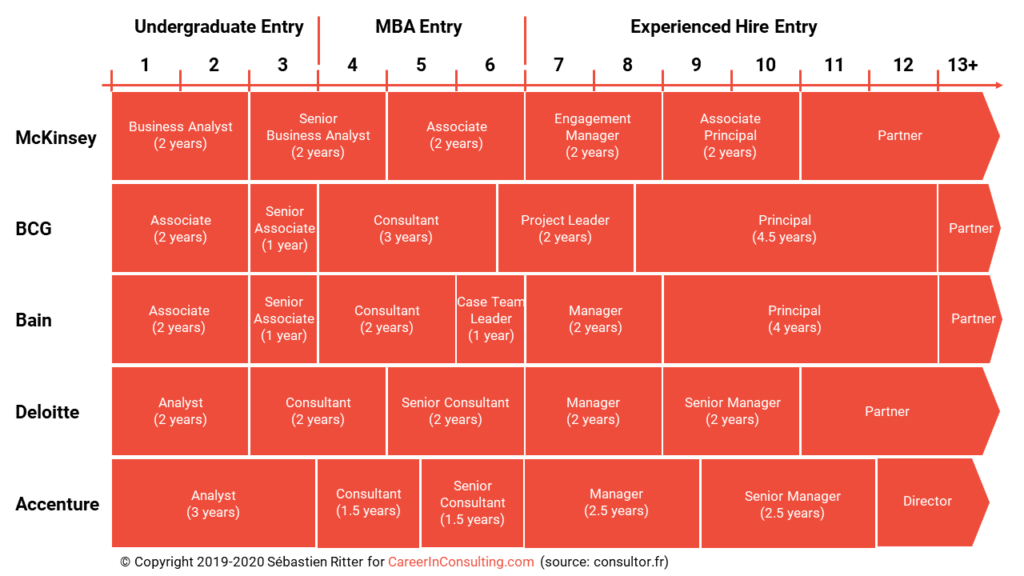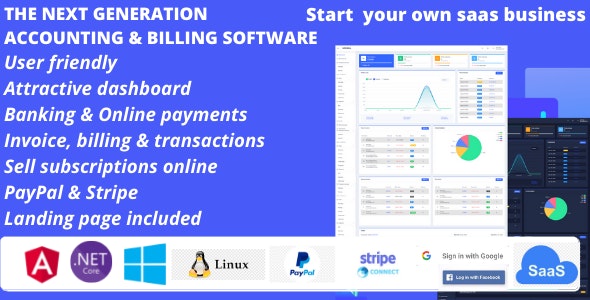
A sustainable consultant offers advice to companies to improve their services and products. This is where these consultants might specialize. These consultants may also be experts in green building or waste management. Learn more about the job responsibilities and skills required to be a sustainable consultant.
As a sustainable consultant, your job duties include:
A sustainable consultant is responsible for helping businesses meet environmental regulations and improve their performance. This person is responsible for conducting energy audits, streamlining supply chains, and reducing waste. These consultants also help organizations meet the needs of their communities. They may help organizations implement LEED certification or develop their own customized sustainability policies.
If you are considering a career in sustainability consulting, it is advisable to seek out an internship in the field. Many charitable organizations work in the field, and you can get valuable experience by volunteering. Internships within the environmental sector will help you to build your CV. You could also opt to earn a certificate on sustainability. If you have a degree from environmental science, a job as a sustainable consultant may suit you.

For entry-level positions, you must have at least a bachelor’s degree. The ideal candidate should be passionate about sustainability, have excellent analytical skills and critical thinking skills. They also need to communicate well. Entry-level consultants need to be able and able to multitask. Your experience will make you stand out in the field.
Examples of sustainable consulting
Sustainable consultants aim to minimize their client's impact on the environment. They have the experience to lead large projects and create strategies that make them more sustainably. They provide technical assistance in the areas of waste management and energy consumption. They present their findings to key stakeholders and encourage them to adopt sustainable practices. The following are examples of sustainable consulting:
Large companies frequently seek sustainability consultants. According to the West Monroe Global Environment Report (WGR), companies with more than $250 million in annual budget are four times as likely to reduce carbon emissions than those who have a lower budget. But, small and startup companies might consider sustainability an important part of their business strategy.
Sustainability consultants can have a significant impact on the environment as well as communities. However, it can be challenging to find a balance between environmental and social law. They also have to travel a lot, sometimes overnight. They should be flexible and adaptable because they may be contacted multiple companies from different industries.

The skills required to be a long-term consultant
Clear communication is an essential skill for sustainable consultants. This is crucial as sustainability consultants often have to explain complex topics. Additionally, strong communication skills allow them to understand feedback and share their ideas. Stakeholder involvement is another crucial skill for sustainable consultants. This skill is essential because sustainability consultants often work with clients who have different opinions. This skill allows them the ability to present their ideas and convince clients.
Sustainability consultants need to be able to communicate clearly and have great presentation skills. A sustainability consultant must be able convey ideas clearly to convince others that environmental conservation is necessary. This requires thorough knowledge of different environmental issues, business practices, and modes of production. Consultants must also be able to continuously improve their knowledge to remain at the forefront in the industry.
FAQ
Which industries use consultants?
There are many types of consultants. Some consultants are focused on a specific type of business, others may specialize in multiple areas.
Some consultants work exclusively for private businesses, while others represent large corporations.
And some consultants work internationally, helping companies all over the world.
What qualifications does a consultant need?
You don't just need to have a MBA, you also need to demonstrate your ability as a business consultant. At least two years experience in training and/or consulting for major companies is required.
It is essential that you have experience working closely with senior management on strategic development projects. You will need to feel comfortable communicating ideas to clients and getting their support.
A professional qualification exam, such as the Certified Management Consultant (CMC), of the Chartered Management Institute (CMI), is also required.
Consulting is it a job?
Consulting is more than a job that allows you to quickly make money.
Consulting offers many opportunities in project management as well as business development, strategy and training. You could find yourself working with small start-ups and large international corporations.
Consulting provides you with the opportunity to develop and hone your skills, as well as gain experience within a range of industries. This could include learning how to manage teams, write proposals, manage budgets and analyze data.
What is the difference between a consultant and an advisor?
An advisor provides information about a topic. A consultant can offer solutions.
A consultant works directly with clients to help them achieve their goals. Advisors advise clients indirectly via books, magazines, lectures and seminars, etc.
What should I expect from my consultant
Within a few days of selecting your consultant, you can expect to hear back. They will typically ask for information about the company, such as its mission, goals. products and services. budget. Next, they'll provide a proposal describing the scope and estimated time frame, fees, deliverables or milestones, as well as an estimate of costs.
If all goes well, the parties will then negotiate a written agreement. The type of relationship between them (e.g. employer-employee or employer-independent contractor) will determine the terms of the contract.
If all goes well, the consultant will start working immediately. You will have access both to your documents and internal resources and the consultant's skills and knowledge.
However, don't assume that just because someone is a consultant that s/he knows everything. To become an expert in any field you consult, it takes practice and effort. Don't expect your consultant know everything about your company.
How much do consultants make?
While some consultants may make over $100k per annum, most consultants earn between $25k and $50k. An average consultant salary is $39,000 This applies to both hourly and salaried consultants.
Salary depends on industry, experience, location, and type of contract (contractor vs employee). Also, whether the consultant is located in their office or remote.
Is it possible to be a consultant?
A consultant is someone who can help you reach your goal by providing advice on ways to make things better, more cost-effective, etc.
Consultants can help you resolve problems, make decisions, and negotiate with other people.
Consultants are often hired to help with specific tasks and projects.
Consultants are usually paid hourly, daily or per project.
Statistics
- On average, your program increases the sales team's performance by 33%. (consultingsuccess.com)
- My 10 years of experience and 6-step program have helped over 20 clients boost their sales by an average of 33% in 6 months. (consultingsuccess.com)
- Over 62% of consultants were dissatisfied with their former jobs before starting their consulting business. (consultingsuccess.com)
- According to IBISWorld, revenues in the consulting industry will exceed $261 billion in 2020. (nerdwallet.com)
- WHY choose me: Why your ideal client should choose you (ex: 10 years of experience and 6-week program has helped over 20 clients boost their sales by an average of 33% in 6 months). (consultingsuccess.com)
External Links
How To
How do you find a good advisor?
The first step in finding a good consultant is understanding what you want from your consultant. Do you want them to help you improve your website's performance? You may want them optimizing your site to rank higher for search engines. Or perhaps you just want someone who can tell if there are any issues with your current hosting provider. You need to know what kind of services you want, and then you can begin looking at other companies. Although there are many consultants who claim to offer these services, very few of them can actually provide the required results. How do you select the right consultant for your project? Here are some considerations when choosing a consultant.
-
Get referrals. This is probably the best way to choose a consultant. Because you are likely to pay too much, you shouldn't hire someone who you have never heard of. But you also don't want to work with someone whose reputation isn't solid. You're fortunate enough to receive referrals from people you trust. But even if you don't, you still might be able to check reviews online. Look for testimonials and case studies where clients have used your service.
-
Ask around. Many people aren't aware that they could benefit from hiring a consultant. People believe they don't have to make any changes because they are currently doing well. This is often false. Even if you are seeing great results, it is likely that you have not been keeping up to date with technology and trends. Relying on outdated methods will prevent you from maximizing your potential for growth. Ask around to find a qualified consultant.
-
You should verify their qualifications. When you're looking for a consultant, it doesn't matter whether you're building a small blog or launching a multi-million dollar eCommerce store; you want to be sure that whoever you hire has the skills needed to handle your project. You need to ensure that the person you hire is qualified to do the job and has sufficient knowledge in the subject.
-
Find out what kind of projects they specialize in. It is a common misconception that everyone can manage everything. Some areas require specific education or training. A developer who is a specialist in Drupal would not be able to help you build a WordPress theme. This is true for programming languages and graphic design. It is important to inquire about the types of projects that they work on.
-
Be aware of their fees. We said that you don't need to pay too much for consulting services. But you also don't want to pay too little either. Consultants come in all shapes and sizes. Some bill hourly, while others are charged per project. This will help you save money in the long-term.
-
Find out what they offer. Are they offering free consultations or other services? Will they give you advice on how to set up your own system? Is it possible to be sure that your site ranks higher when you work with them You can cancel your consultation at any time without penalty if you are not satisfied with what you heard.
-
Ask if they offer discounts over multiple months or for years. Many consultants offer discounted pricing for extended periods of time. While you don't necessarily need to commit for a whole year, you can still take advantage of any deals that they offer.